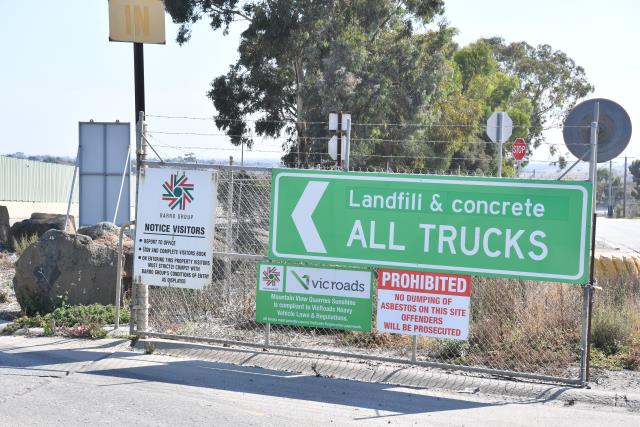For the third day in a row, I’ve emptied the contents of our postbox straight into the post office recycling bin.
Evidently everyone else has done the same. The tub of junked mail is overflowing with the unctuous smiles of electoral candidates clamouring “pick me, pick me”.
How many trees have given their lives so that politicians of all persuasions can inundate us with self-serving gumpf?
It’s an atrocious waste of natural resources, not to mention the time, effort and money that goes into producing material that is at best ignored and worst actually aggravates the recipient.
But try plastering your letter box with anti junk-mail stickers and it won’t make a jot of difference.
You can complain to the Distribution Standards Board if you find something useful in your mail box, such as a catalogue advertising cut-price turkey – but, the inanely grinning visage of any political wannabe? No!
In the case of “non-commercial material” – such as a listicle of the local MP’s achievements – there’s not a thing anyone can/will/could do.
The only way to stop this intrusion is for you to contact those responsible directly and even then they are not obliged to remove your name from their mailing list – the holy grail of mailing lists – the electoral roll.
For that matter, why can any incumbent politician or registered political party and their lackeys use the roll to plague people who have been legally obliged to sign up to it for the sole purpose of voting, when voters themselves cannot access it other than to verify their own enrolment or – where appropriate – object to the enrolment of another voter?
In an era of electronic correspondence, I can’t see how the printing and mailing component of MPs’ entitlements can be justified.
At the federal level, MPs enjoy a printing allowance of $75,000 a year, plus a communications allowance worth about $40,000 a year (the equivalent of 50 cents for every voter enrolled in the electorate) and a $1800-a-year-stamp allowance.
I haven’t been able to get a complete picture of what Victorian state MPs are entitled to because it is bundled as part of their electorate office budget, which includes funds for printing, postage, stationery and office supplies, casual staff, travel, telephone and other general expenses.
Now I know that politicians frequently have cause to enter into correspondence with and on behalf of constituents, but ask yourself have you ever received so much as a fridge magnet from your local MP at any time other than election time?
Some government departments – such as the Department of Human Services – are now, where possible, communicating with clients through their own private myGov electronic mail box.
At least if political candidates and parties were required, where possible, to email voters, we could at least filter them – along with the Nigerian scammers – as spam.
And, for the environment, that would be a red-letter day.

















